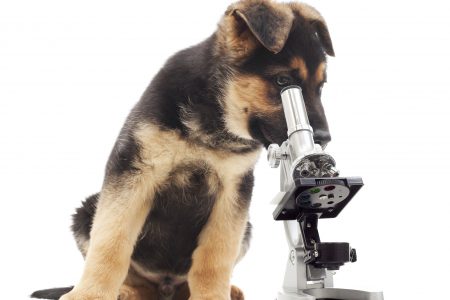When your furry family member is sick, they can’t verbalize how they are feeling. Sometimes it’s important to run tests in the clinic, to identify the problem as quickly as possible. Digital xrays, blood work, urinalysis, viral tests, endocrine panels and parasite exams are just a few of the diagnostics we offer. Results are usually available in less than 24 hours.The sooner we identify the problem, the sooner we can start treatment and help them feel better.


Diagnostics
Some of the tests we offer:
- Blood work
- Urinalysis and urine cultures
- Digital x-rays
- Digital dental x-rays
- Viral testing
- Endocrine panels
- Parasite testing
- Ear swabs and cultures
- Cytology and histopathology
Understanding blood tests
A blood test is a very important diagnostic tool that provides a “window” into your pet’s health.
This usually includes a CBC (complete blood count) and blood chemistries that analyze chemical components in the blood.
A CBC identifies and quantifies white blood cells, red blood cells and platelets and gives information about your pet’s immune system (white blood cells) and oxygen carrying capacity (red blood cell count).
A chemistry screen measures glucose, proteins, electrolytes, liver and kidney enzymes, and digestive enzymes. Other measurements are often included, like thyroid levels , cardiac enzymes and pancreas enzymes.
When are blood tests recommended?
We may advise blood tests in the following situations:
- Young dogs and cats: before spaying or neutering, and in some cases, for viral testing (cats only).
- During annual exams: occasionally as part of a thorough physical exam for baseline values, or if we have concerns about your pet’s health
- If your pet is sick: since our pets can’t talk, blood and urine tests are often the most useful tool in identifying why they are unwell, especially if his/her physical exam did not identify the problem
- Pre-surgical or pre-dental tests: blood tests are used to determine liver, kidney and heart health. This helps us customize anesthetic plans, and determines the surgical risk level for your pet, especially if elderly or sick
- Prior to starting a new medication: particularly for new medications which may be metabolized by the liver or kidney
- Monitoring for patients on long term medications: to check how your pet is responding to medications, especially if they are on them long term
- During senior wellness exams: blood and urine tests are very important at helping identify common senior health issues